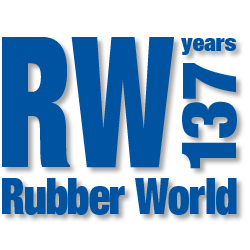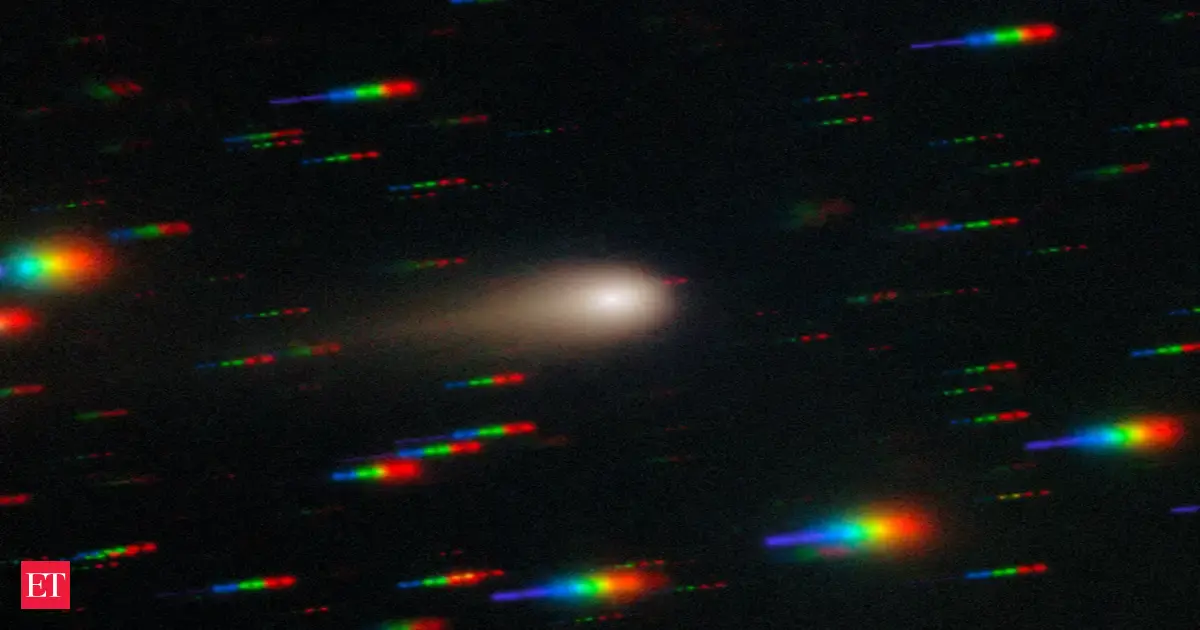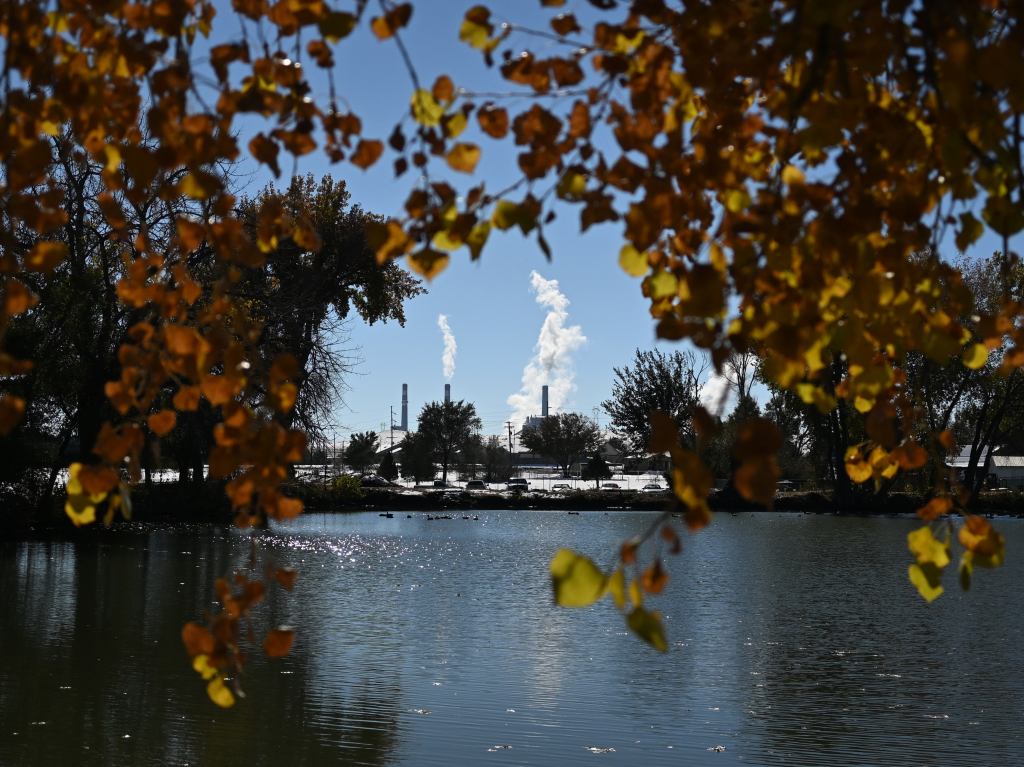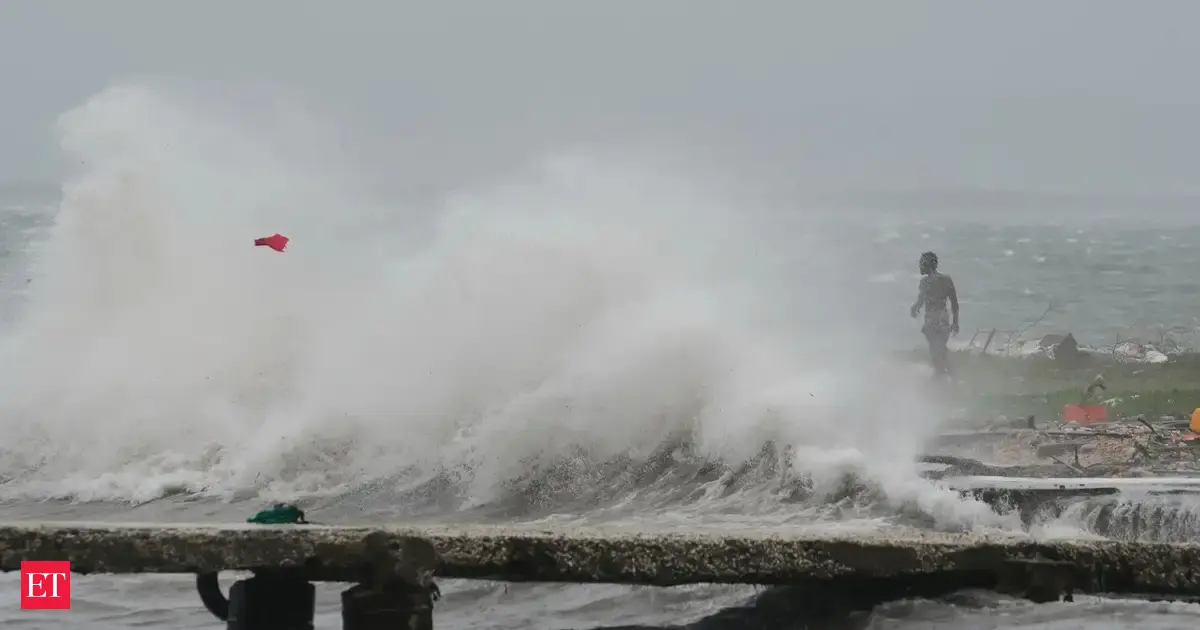Copyright scmp
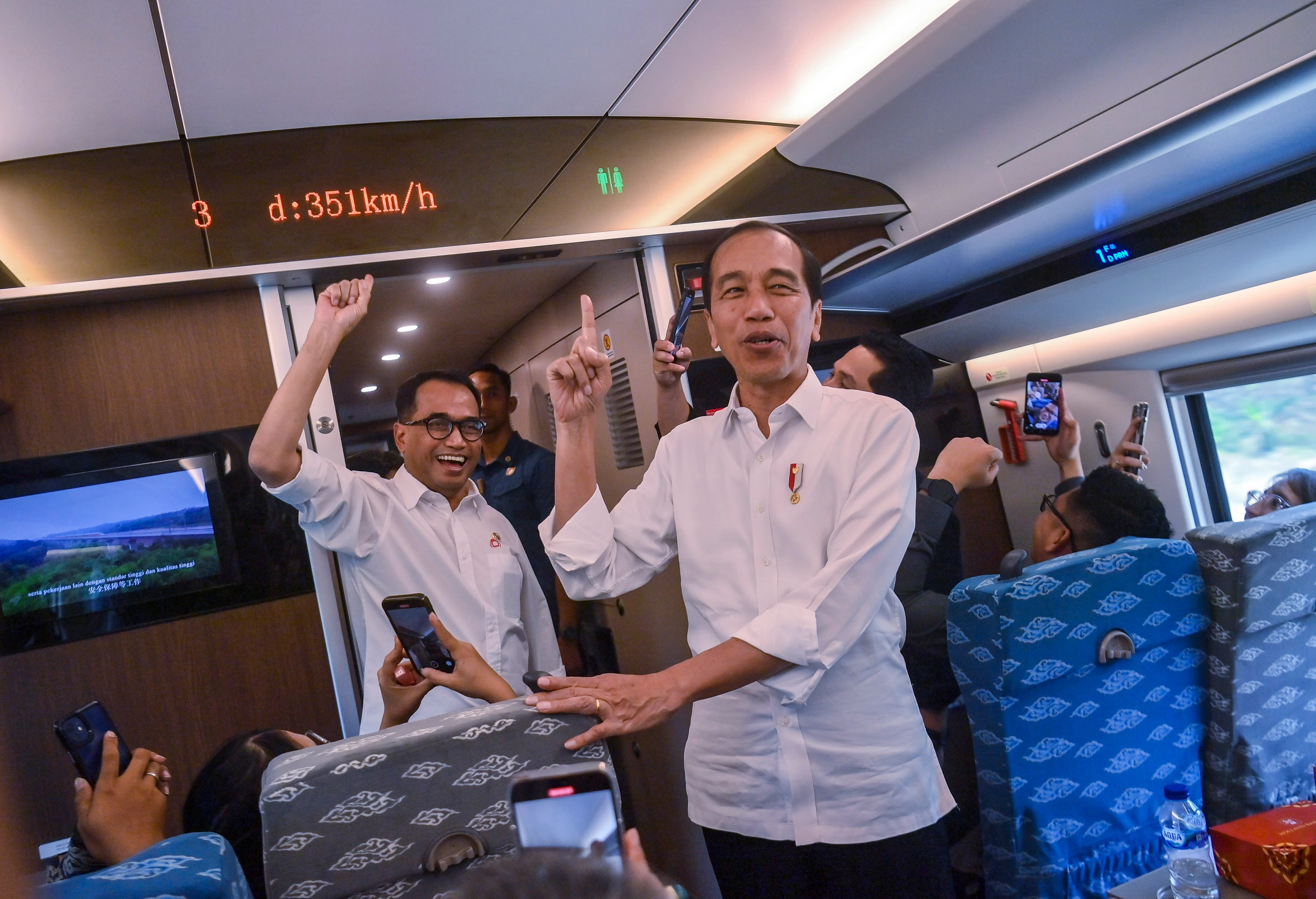
Indonesia’s anti-corruption watchdog has launched a preliminary investigation into the construction of the US$7.3 billion Jakarta–Bandung High-speed Railway that analysts say could implicate senior figures in the administration of former president Joko Widodo. The Corruption Eradication Commission (KPK) confirmed last week that it was gathering evidence related to alleged irregularities in how the China-funded project, popularly known as “Whoosh”, was awarded and managed. “The investigation into this case began at the beginning of the year and it is still progressing,” KPK spokesman Budi Prasetyo told reporters on October 27. “The team continues to search for information needed to help solve this case,” he added, declining to specify what charges might be brought or the extent of any state losses. Indonesian law allows for such preliminary inquiries to assess whether formal charges are warranted. The KPK had already summoned “several parties” involved in the railway’s development who were “cooperative” during questioning, Budi said. The railway was plagued by cost overruns and policy U-turns during its construction. Its operator, Kereta Cepat Indonesia China (KCIC) has pledged full cooperation with anti-corruption authorities and to “respect all processes that will be carried out by the KPK”. KCIC is a joint venture between Indonesian and Chinese state-owned consortiums, with the Indonesian side holding a 60 per cent stake. Bobby Rasyidin, president director of Kereta Api Indonesia, which controls nearly 60 per cent of the Indonesian consortium, said on Monday that he was “really supportive” of the investigation, promising to provide any documents the KPK might request. ‘Why was China chosen?’ The investigation follows allegations of inflated costs first raised by Mohammad Mahfud, Indonesia’s former coordinating minister for political, legal and security affairs. On October 14, Mahfud claimed on his YouTube channel that Indonesia had paid US$52 million per kilometre for the high-speed rail, almost triple China’s own cost of US$17 million to US$18 million per kilometre. Indonesia selected China over Japan to build the railway during Widodo’s presidency in 2015. Unlike Japan’s government-to-government proposal, the Chinese bid offered easier financing through a business-to-business arrangement, requiring no state budget guarantees. Investigators need to examine whether the decision-making process was based on good governance principles Zaenur Rohman, anti-corruption researcher But the Indonesian government ultimately had to dip into state funds to cover a US$1.2 billion cost overrun, pushing the project’s total price from US$6.02 billion to US$7.27 billion – well above Japan’s original US$6.2 billion bid. “Why was China chosen?” asked Zaenur Rohman, a researcher at Gadjah Mada University’s Anti-Corruption Study Centre. “Investigators need to examine whether the decision-making process was based on good governance principles or whether it contained fraud, moral hazard, bribery, gratuities, personal gain or conflicts of interest,” he told This Week in Asia. “This will determine whether the project was prudent and accountable from the outset.” Zaenur further questioned whether the feasibility study prepared by the Japan International Cooperation Agency had been incorporated into the final project, or altered by Indonesian and Chinese contractors. Danang Widoyoko, secretary general of Transparency International Indonesia, called for officials to urgently disclose the details of the Whoosh contract. “We can’t trust the government if Whoosh contracts aren’t made public,” Danang said, adding that Widodo and his state-owned enterprises minister, Rini Soemarno, needed to be questioned. “For KPK, the problem is to determine whether there was any corrupt intent.” The Whoosh project suffered from “improper policy governance”, according to public policy analyst Agus Pambagio, who urged investigators to examine all documents dating back to 2015, including tender and land acquisition records. Debt worries Three-quarters of Whoosh’s initial US$6.02 billion budget was financed by a loan from China Development Bank at a 2 per cent annual interest rate, with the remainder funded by KCIC. The project’s cost overrun required an additional loan at a higher 3.4 per cent rate. Zaenur said that Whoosh “will be paid by the people” for decades to come, regardless of the KPK’s findings. “Whoosh needs to be audited first before it’s extended to Surabaya,” he said, referring to the railway’s proposed extension. “Don’t let this project, which has created a 60-year debt, continue before we finish [the investigation].” Indonesia is seeking to restructure its debt with Beijing through Danantara, a sovereign wealth fund overseeing all state-owned enterprises, including those involved in KCIC. Danantara executives have said negotiations could see the debt’s tenor extended from 40 to 60 years. On Tuesday, President Prabowo Subianto sought to reassure the public, pledging to take responsibility for Whoosh’s financial woes. “There’s no problem. I’m responsible for all of Whoosh’s problems,” he said, adding that Indonesia would have “no problem” servicing the debt. “The people need not worry.” Prabowo also urged Indonesians not to dwell on the railway’s “benefits and losses”, calling the project a necessary “public service obligation”.
